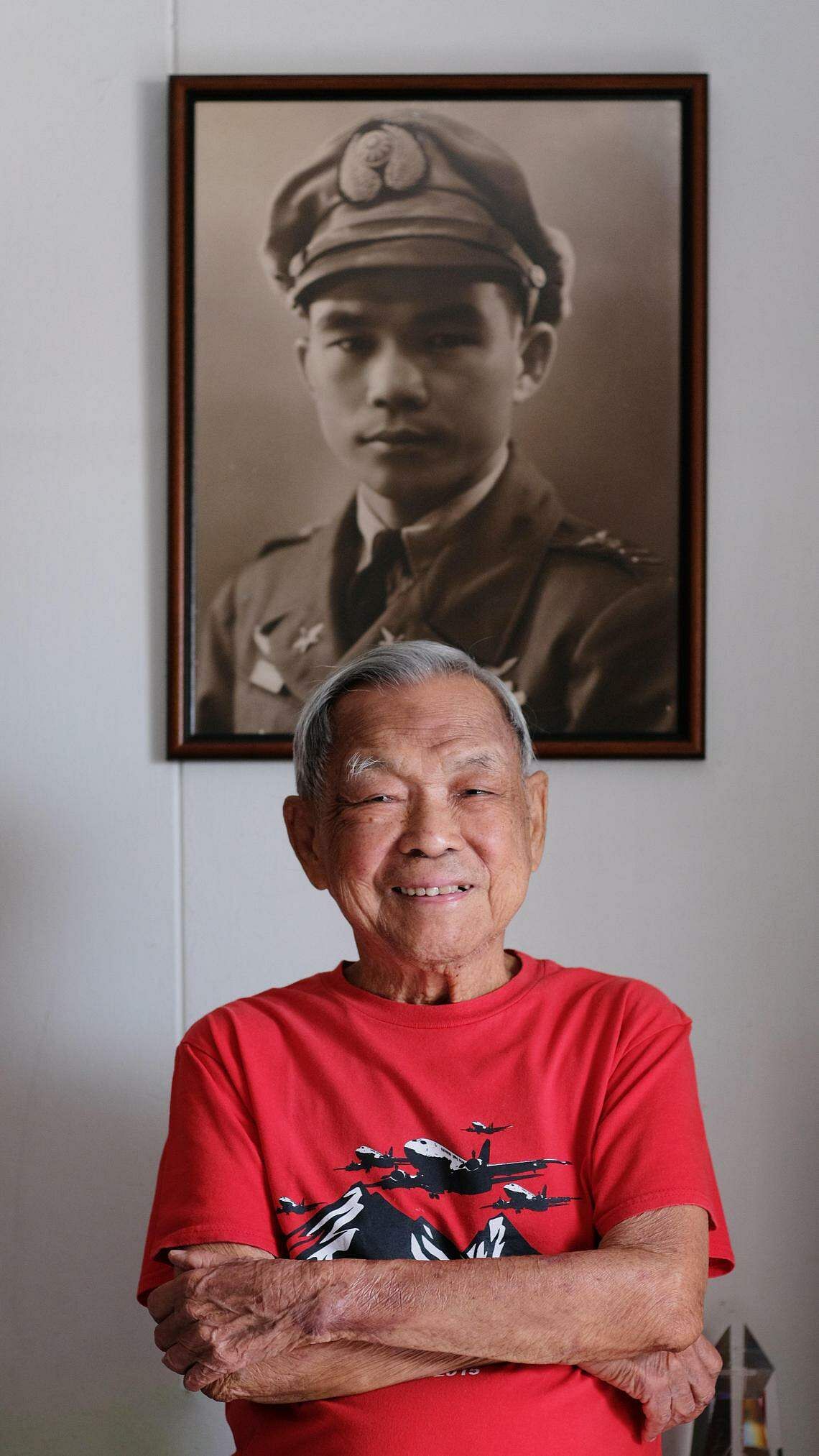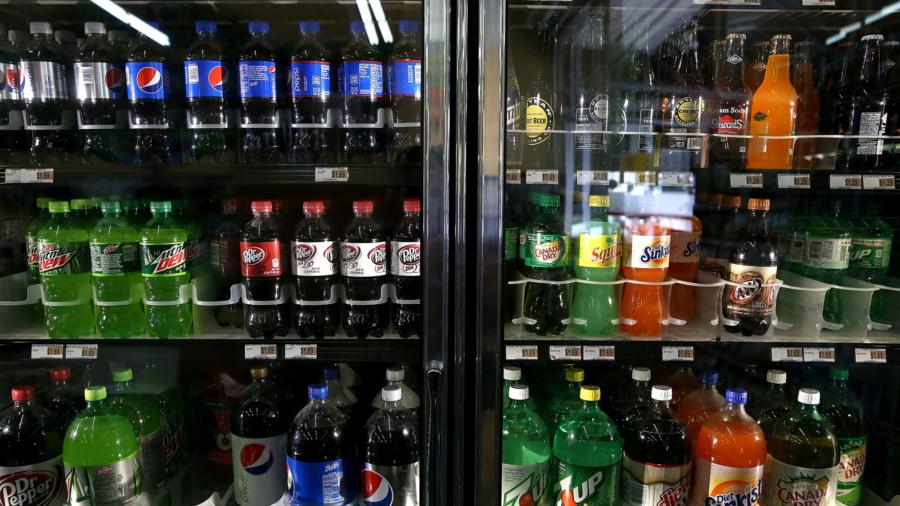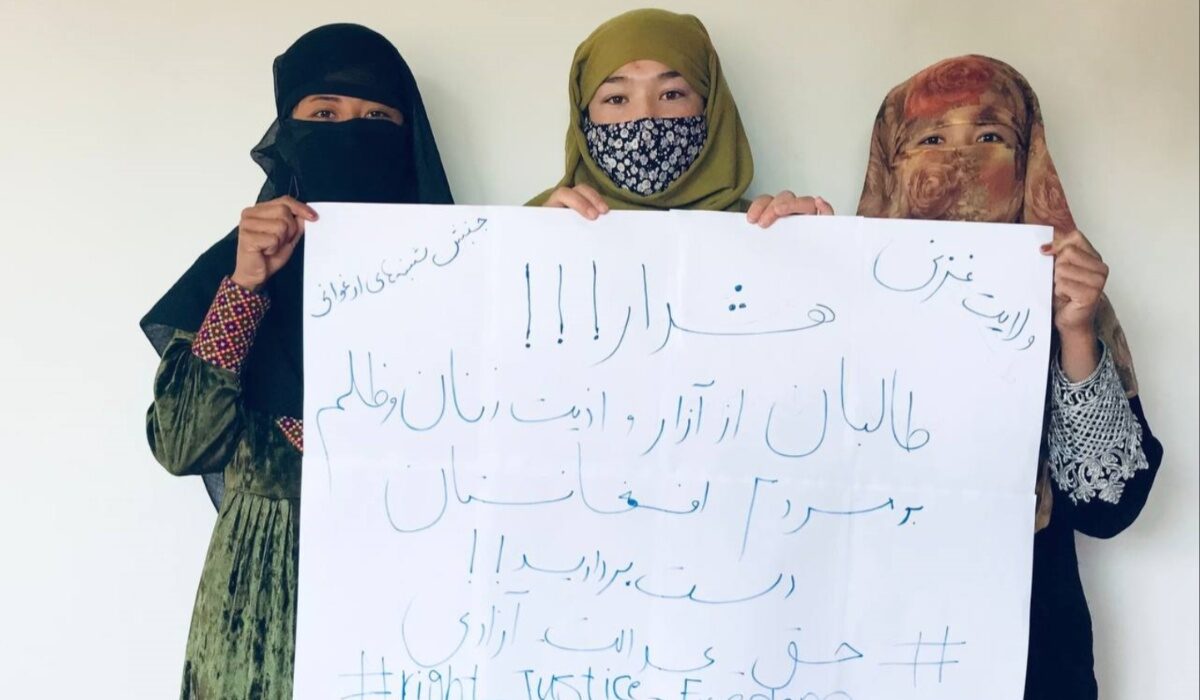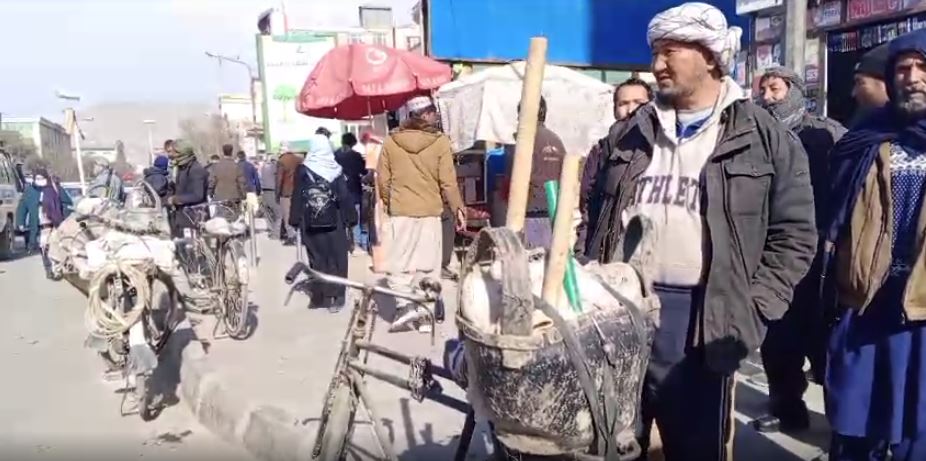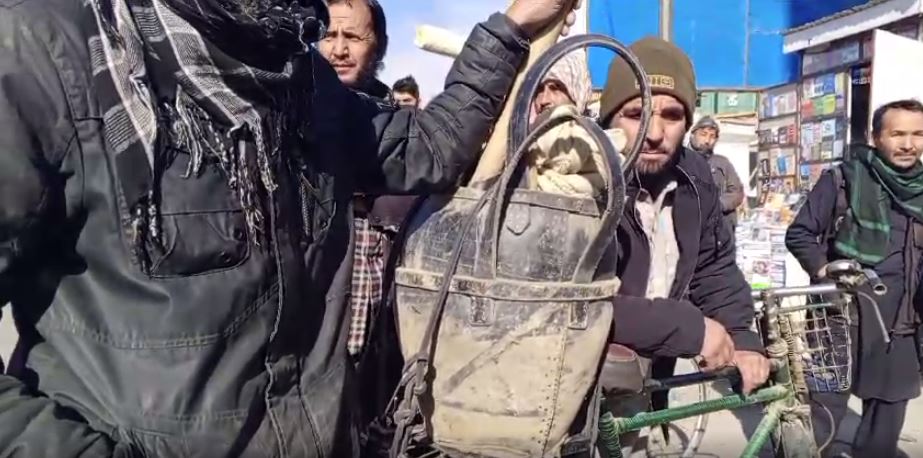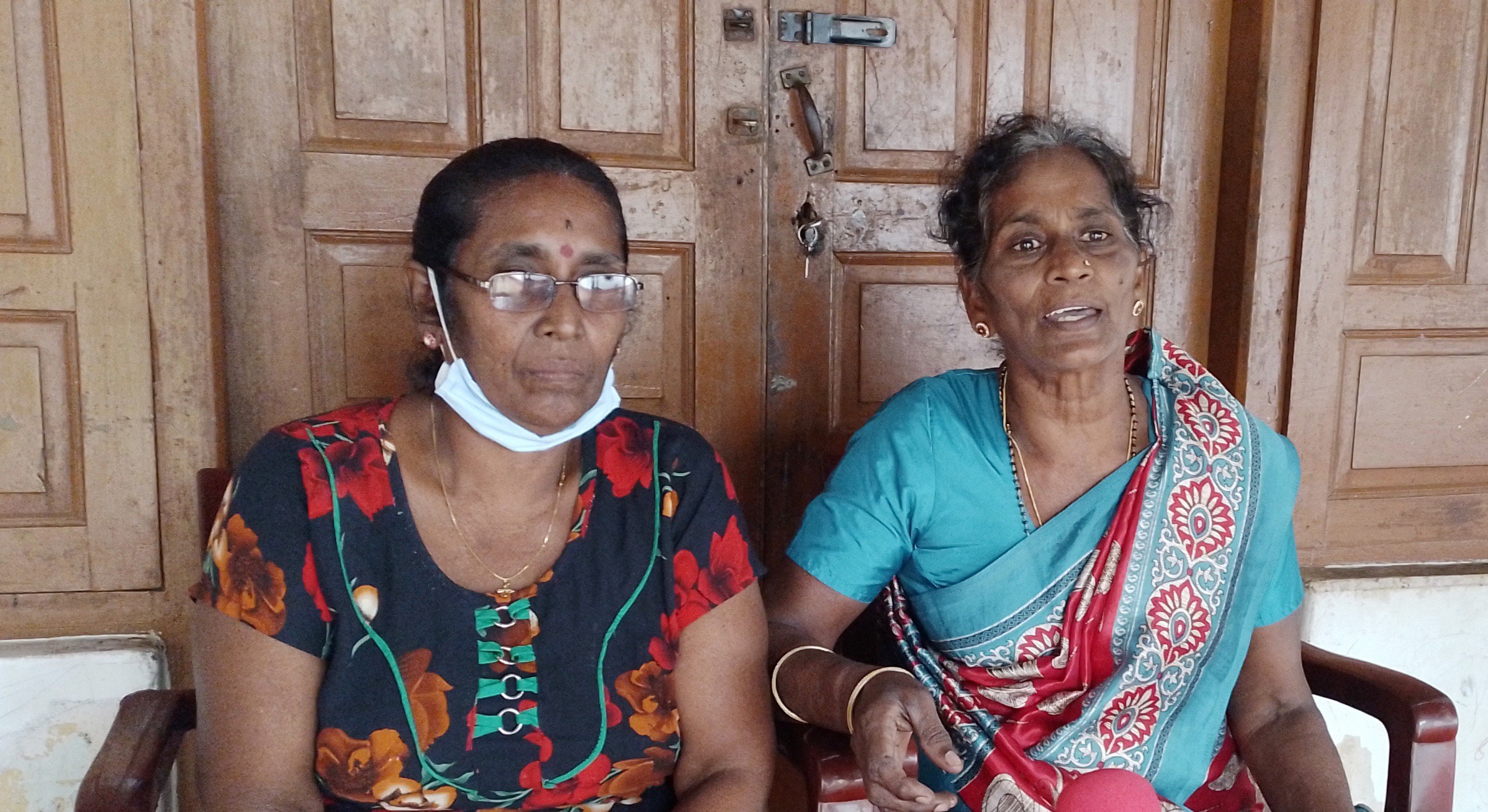On New Year’s Eve, police in the Canadian city of Winnipeg fatally shot a 19-year-old man, Afolabi Stephen Opaso (known as “Zigi”), who was claimed to have been acting “erratically” at an apartment building. The police statement the next day said that Opaso, who was transported to the hospital in critical condition, had died of his injuries.
In just over a month, there have been three police shootings in Winnipeg, capital of the central province of Manitoba, including one where a man was fatally shot at an apartment building after a lengthy standoff involving hostages and another where a man was shot while attempting to flee a traffic stop and pinning an officer with his vehicle.
Opaso, a Nigerian international student studying economics at the University of Manitoba, was reportedly experiencing a mental health issue during the New Year's Eve incident. According to a video report on CBC Manitoba's YouTube channel, the police watchdog said officers were responding to a wellbeing call when Opaso confronted them with a weapon, but Winnipeg police chief Danny Smyth said he couldn't say whether the teen had attacked the police.
The police also mentioned in a YouTube video report by CityNews that they had one previous encounter with Opaso last July, providing him with a ride, but confirmed that he had no criminal record.
Jean-René Dominique Kwilu, a lawyer for Opaso’s family, questioned how a call for help in a mental health episode could lead to Opaso being shot.
According to the Winnipeg Free Press report, an audio clip obtained by Kwilu seems to document the moments leading up to the shooting, with police ordering Opaso to drop the knife three times before firing three shots.
However, police said they were not aware of the audio clip and could not provide further details on the incident. The shooting is now under the authority of the Independent Investigation Unit of Manitoba (IIU).
There was also a 21-year-old man and a 19-year-old woman in the apartment at the time, witnesses to the confrontation. Opaso had no relatives in Canada.
While reacting to the incident via X (formerly Twitter), Niigaan Sinclair, a professor at the University of Manitoba, wrote:
Winnipeg & Manitoba needs to fund mental health services adequately and not throw more police at what is now a crisis from the starvation of social services and supports.
The president of the University of Manitoba Nigerian Student Association (UMNISA), Olivia Ifeoma Onyemaenu, stated that their determination to seek answers and justice remains steadfast.
Michael Schwandt, a public health physician in Vancouver, described the incident as horrific. The chairman of Nigerians in Diaspora Commission (NIDCOM), Abike Dabiri-Erewa mourned the death of Opaso while promising to ensure that justice is served:
Members of the Nigerian Association of Manitoba, in a statement signed by its president, Vera Keyede, also offered condolences to the family of the young man and urged the Nigerian community to stay calm while investigations continue.
Over 9,000 people signed a petition for justice, and social media hashtags like #JusticeforZigi have been created.
Some, like Birgit Umaigba, a Nigerian registered nurse in Canada, argued that police are not trained to respond to mental health crises, especially those involving Black people.
Canadian immigration lawyer Wei William described the incident as devastating while suggesting that the investigation needs to be independent and thorough.
The Alternative Response to Citizens in Crisis (ARCC), a provincial program in Winnipeg that pairs plainclothes police officers with mental health workers to de-escalate situations and prevent potentially deadly confrontations, operates only between 9:00 a.m. and 9:00 p.m., Monday to Friday. Despite the incident occurring on a weekend when the special unit was off duty, a police spokesperson noted that the situation would not have met the criteria for ARCC deployment unless officers confirmed the situation was safe, allowing alternative support to be called in.
Expressing concerns about the escalating violence and incidents involving the city's police to CTV News, Winnipeg criminologist Kelly Gorkoff said these situations are preventable. “Citizens shouldn’t be dying,” she said. “People shouldn’t be afraid to phone the police when someone is acting erratically with the fear that the person is going to end up dead.”
Gorkoff highlights a lack of systems in place to assist people in need, leading the police to become the default response. She argues that the police are not adequately trained to handle individuals in crisis, suggesting that mental health and social work services should receive more funding.



